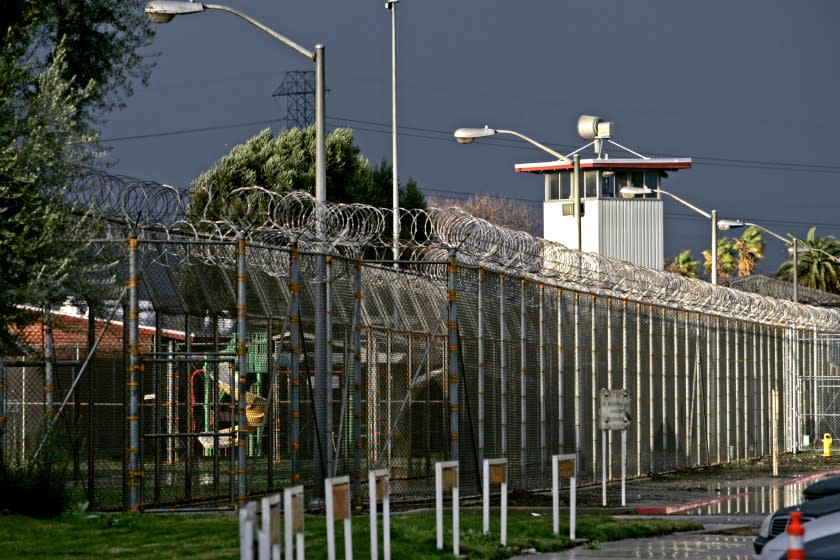Letters to the Editor: Prisoners perform slave-like labor in California. How are we going to fix this?

To the editor: I feel compelled to reach out and commend the Los Angeles Times for bringing an important story about the abhorrent working and living conditions that those incarcerated in California endure. The plight of the imprisoned is largely overlooked during normal times, but even more so during this pandemic.
While I found your article on prison labor to be eye-opening and informative, I believe that you missed an opportunity to present solutions that could remedy this great injustice.
Perhaps in another article you could report the policy changes that the proponents of prison reform support. For example, the group Justice Collaborative is calling for proposals that protect prisoners who feel like slaves under this oppressive system that exploits their labor and puts their health on the line.
Paola M. Estrella, Fontana
..
To the editor: Reporter Kiera Feldman meticulously documents the slavery-like conditions of prison labor in the United States and discusses in detail the products produced for the state.
I hope The Times will also report on private corporations that profit from prison labor, as described by a number of advocacy organizations online (including here). Your readers need The Times to cover that angle as well, since we may well be implicated as customers or investors.
Kathryn Anderson-Levitt, San Francisco
This story originally appeared in Los Angeles Times.

